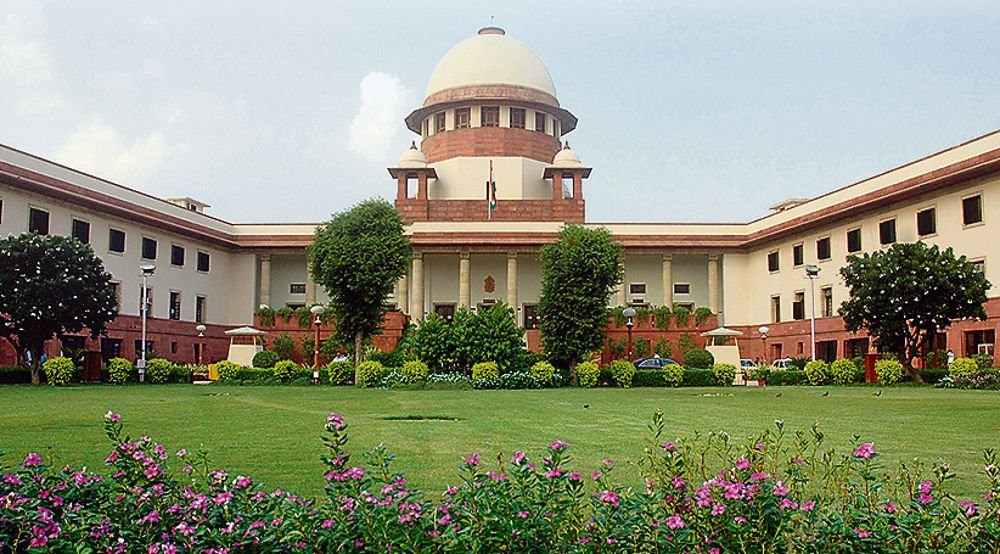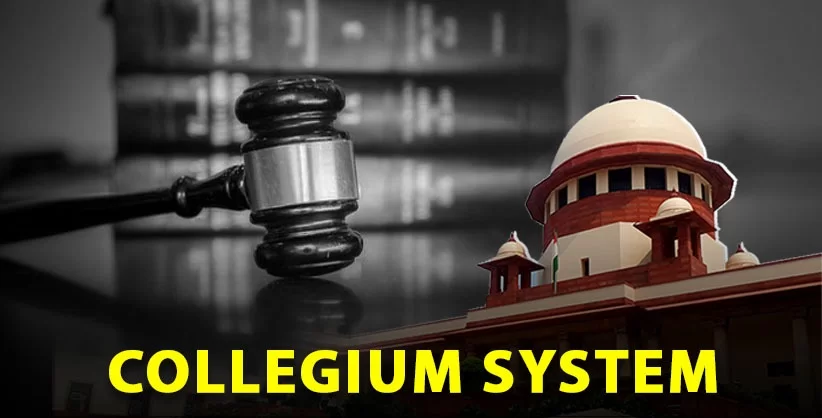SC Collegium Recommends Judges for Multiple Projects
Overview of the Supreme Court Collegium’s Recommendations
The Supreme Court Collegium has recently recommended the appointment of several judges for various judicial positions across India. This recommendation is crucial for strengthening the judicial system and ensuring that the courts operate efficiently and impartially. The process followed by the Collegium is an essential part of India’s judicial framework, as it plays a significant role in the appointment of judges to the higher judiciary.
The Collegium system, consisting of the Chief Justice of India (CJI) and the senior-most judges of the Supreme Court, plays a pivotal role in selecting judges for the Supreme Court and High Courts. In the latest set of recommendations, several high-profile judicial positions across various states have been proposed. These include new appointments and transfers to ensure that judicial appointments meet the demands of the expanding legal system in India.
The Role of the Collegium in Judicial Appointments
The Collegium system was introduced to maintain judicial independence by preventing the executive from having direct influence over the selection of judges. It ensures that the appointments are made based on merit and experience rather than political affiliations. The process begins with the Collegium’s recommendations, followed by a thorough vetting process, including the President’s approval before the appointment is finalized.
The Supreme Court Collegium plays a key role in judicial appointments, recommending individuals for positions based on their legal acumen, experience, and overall suitability for the role. The transparency of this process has been a subject of much debate in recent years, with many calling for reforms to make it more transparent and accountable.
The Significance of the Latest Recommendations
The latest batch of recommendations by the SC Collegium is significant as it involves judicial appointments to the higher courts that will impact the administration of justice in various states. These recommendations highlight the importance of maintaining a balanced and effective judiciary to handle the increasing caseloads and uphold the rule of law across the country.
Furthermore, the appointments are critical in ensuring that justice is served swiftly and effectively in the face of the mounting pressure on India’s judicial system. The judicial reforms and appointments recommended by the Collegium will go a long way in addressing issues like judicial vacancies and delays in case resolutions.

Why This News is Important
Strengthening the Judicial System
The SC Collegium’s recommendations for judicial appointments are integral to the strength of India’s judicial system. By ensuring that judges with the necessary experience and expertise are appointed, the Collegium helps build an effective judicial framework. This, in turn, strengthens the rule of law and the integrity of the legal system.
Impact on Judicial Independence
The Collegium system is vital for maintaining judicial independence in India. By recommending judges without external influence, the Collegium ensures that decisions are made based on legal principles rather than political considerations. The process safeguards the separation of powers between the judiciary and the executive.
Addressing Judicial Vacancies
The latest recommendations are essential for addressing the long-standing issue of judicial vacancies in Indian courts. With many courts operating with a reduced number of judges, these appointments will help reduce the burden on the existing judicial staff and speed up the disposal of cases, contributing to the overall efficiency of the legal system.
Enhancing Public Trust in the Judiciary
The transparency of judicial appointments plays a significant role in enhancing public trust in the judiciary. When the public sees that competent and impartial individuals are appointed to key judicial positions, it increases confidence in the legal system’s ability to deliver justice fairly.
Long-term Judicial Reforms
These recommendations are part of the larger effort to reform and modernize the Indian judiciary. Over time, these reforms will lead to more efficient, fair, and timely justice, which is essential for the country’s social and economic development.
Historical Context
Judicial Appointments in India
The history of judicial appointments in India is deeply rooted in the concept of judicial independence. The Constitution of India envisages a clear separation of powers between the executive, legislative, and judicial branches. Initially, judicial appointments were made by the President based on the advice of the Prime Minister. However, concerns about political influence over the judiciary led to the establishment of the Collegium system.
The system, introduced through a series of Supreme Court judgments in the 1990s, allows a group of senior judges to select other judges for the higher judiciary. This method was seen as a way to preserve judicial independence by removing executive influence. Despite its importance, the system has faced criticism for a lack of transparency and accountability.
The SC Collegium’s role in judicial appointments has been the subject of debate, with many calling for reforms to make the process more transparent. However, the Collegium remains the primary mechanism for judicial appointments in India, and its recent recommendations are crucial for ensuring the effective functioning of the courts.
Key Takeaways from SC Collegium Recommendations
| S. No. | Key Takeaway |
|---|---|
| 1 | The SC Collegium has recommended judicial appointments to strengthen the judicial system. |
| 2 | The Collegium system ensures the independence of the judiciary by preventing executive influence. |
| 3 | Judicial vacancies are a major concern, and these recommendations aim to address this issue. |
| 4 | The recommendations will help in the timely disposal of cases and reduce the workload of existing judges. |
| 5 | Judicial reforms, including transparent appointments, are crucial for the long-term health of India’s legal system. |
Important FAQs for Students from this News
1. What is the Supreme Court Collegium?
The Supreme Court Collegium is a body of senior judges of the Supreme Court of India responsible for recommending appointments and transfers of judges to the Supreme Court and High Courts. It ensures that judicial appointments are made without executive interference, safeguarding judicial independence.
2. Why is the Collegium system important for India’s judiciary?
The Collegium system plays a crucial role in maintaining the independence of the judiciary by preventing political influence over judicial appointments. It ensures that only the most qualified judges are appointed to the higher courts, helping uphold the integrity of the legal system.
3. How does the Collegium recommend judges for judicial positions?
The Collegium, consisting of the Chief Justice of India and senior-most Supreme Court judges, evaluates candidates based on merit, experience, and suitability. It then recommends appointments to the President of India for final approval.
4. What challenges does the Collegium system face?
The system has faced criticism for its lack of transparency and accountability. Critics argue that there is no clear process for selecting judges, and that it can sometimes lead to favoritism or inefficiency in judicial appointments.
5. What is the impact of the SC Collegium’s recent recommendations?
The recent recommendations aim to fill judicial vacancies, address delays in case resolutions, and ensure that the judiciary remains efficient and impartial. The appointments are key to ensuring that India’s judicial system continues to function effectively.
6. How do judicial appointments affect the legal system?
Judicial appointments impact the efficiency and impartiality of the judiciary. With an adequate number of judges in place, courts can handle cases promptly, reduce backlogs, and maintain public trust in the judicial process.
Some Important Current Affairs Links


